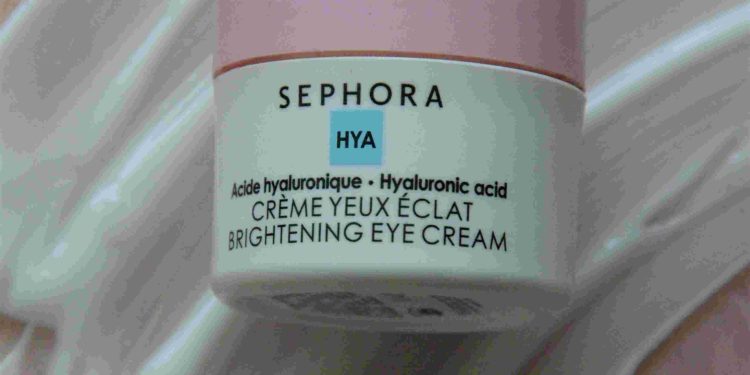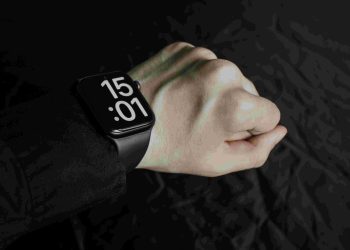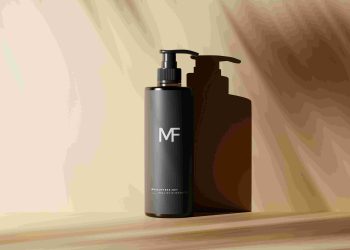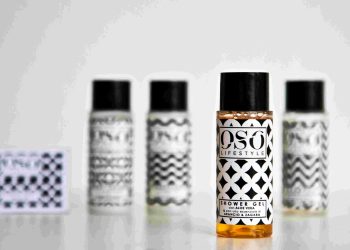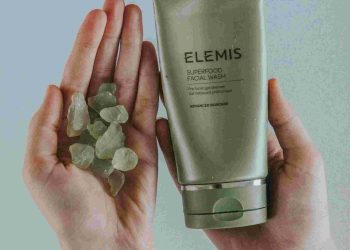Detailed Beauty Product Reviews and Rankings
“The beauty industry thrives on promises it rarely keeps.”
This bold claim isn’t just a complaint; it’s a challenge to the norms of how we evaluate and choose products in a multi-billion-dollar market. As someone who has spent years experimenting with everything from drugstore essentials to prestige brands, I’ve come to discover that beauty products are as much about psychology as they are about formulations. But beyond personal narratives, is there a way to truly cut through the noise and find what works?

The Pitfall of “One-Size-Fits-All” Solutions
Take a moment to think about how the industry markets products. Terms like “universal appeal” or “for all skin types” dominate the shelves. Yet, doesn’t this defy basic principles of individuality? From a biological perspective, each person’s skin is a unique ecosystem of genetics, environment, and habits. No single product can deliver equal results across such diverse variables.
Philosophically, this also nudges at a deeper issue. Are we leaning too heavily on external products to solve internal insecurities? The cultural emphasis on perfection often drives consumers to chase the latest miracle product, ignoring the basics of balanced nutrition, hydration, and regular sleep—elements no cream can replicate.
A New Approach: Cross-Disciplinary Thinking in Skincare
The next wave of beauty product recommendations could involve integrating data science, dermatology, and even AI. Imagine a future where algorithms analyze your unique skin microbiome and create hyper-personalized formulations tailored just for you.
Some startups are already dipping their toes into this realm. They’re using machine learning to predict optimal ingredients and even offering subscription services where formulations evolve alongside your skin. This technological shift mirrors similar trends in industries like fitness and wellness. Just as fitness trackers revolutionized workouts, customized beauty solutions promise to rewrite how we view skincare.
The Role of Reviews: Critical Thinking Requires Context
Let’s talk about reviews. A five-star product for one individual might be a one-star disaster for another. That doesn’t invalidate the feedback—it simply highlights the importance of context. Before making a decision, consider the reviewer’s skin type, age, and even environmental conditions.
Cognitive biases also play a role. Confirmation bias can lead users to overstate the effectiveness of a product simply because they
want
it to work. Likewise, the scarcity mindset, pushed by limited editions and viral TikTok trends, encourages impulsive purchases. The best approach? Compare reviews across platforms, consult experts, and test before you invest.
Beyond Products: A Holistic Strategy for Beauty
Skincare isn’t a stand-alone solution. It’s a piece of a larger puzzle that involves mental health, lifestyle, and community. Psychological research shows that people who engage in self-care rituals report higher levels of well-being. These rituals may be as simple as washing your face or applying moisturizer, but their effects go beyond the skin—they reinforce self-worth.
Additionally, beauty might evolve to become far more inclusive. Imagine an industry where the emphasis shifts from correcting perceived “flaws” to celebrating uniqueness. This paradigm shift could redefine how brands formulate products, focusing on enhancing rather than erasing individuality.
Practical Steps for Smarter Beauty Decisions
-
Start with simplicity:
Build a basic, sustainable routine before adding advanced products or treatments. -
Learn your skin:
Understand key factors like skin type, sensitivities, and environmental triggers. -
Test selectively:
Use patch tests and introduce one new product at a time to avoid overwhelming your skin. -
Seek professional insights:
Dermatologists and aestheticians can offer tailored advice often missing in general reviews. -
Stay skeptical:
Question marketing claims and lean on science-based evidence rather than trends.
Where Do We Go From Here?
The beauty industry is on the brink of a transformation. As consumers, we have the collective power to demand innovation, transparency, and inclusivity. By educating ourselves and embracing a more critical mindset, we can shift the focus from superficial fixes to meaningful solutions.
As for me, my journey in beauty continues. Not to achieve perfection, but to better understand how the products I use align with my values and personal goals. And in that pursuit, I challenge you to join me—not just in the search for better products, but in the quest for a deeper, more authentic definition of beauty.


